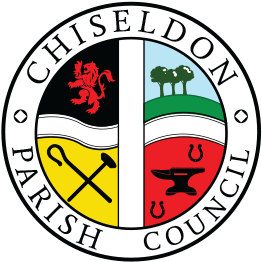Dorset & Wiltshire Fire and Rescue Service ask: Are we getting through?
Dorset & Wiltshire Fire and Rescue Service has launched an awareness campaign across its area, targeting poor or inconsiderate parking. The Service is asking all drivers “Are we getting through?” as, when responding to a 999 call, every second that the emergency services are delayed could have serious, life-threatening consequences.
The smallest fire engine needs a minimum of three metres, or the width of two cars, to pass safely. If you called for help, you would want to know firefighters could get through.
Assistant Chief Fire Officer Jim Mahoney said: “Inconsiderate and dangerous parking has long been an issue across the Service and, as more households have more than one car, the problem will only grow. If we can’t get to a fire or an accident because we can’t get our fire engines through, it greatly restricts our effectiveness. I’m asking everybody to think before they park; yes, it may be convenient for you at the time, but what if it was your house or your loved one we needed to get to? You would want to know that we are getting through.”
One particular area of concern is parking on roads near schools, as these are often difficult to pass through safely, especially when cars are dropping off or picking up children. Drivers may not be parking illegally, but the Service is urging everyone to see whether a smarter option, maybe a bit further away, is available.
Poor or inconsiderate parking can also affect high streets and the roads by fire stations. On-call firefighters have to be at their station within five minutes of their pagers going off, so any delay in arriving has a negative effect on the emergency response.
The Service is therefore asking drivers to think before they park, with the following advice to drivers to help keep narrow streets clear:
- When parked, pull in your wing mirrors (don’t forget to flip them out before driving off.)
- Don’t park too close to corners – fire engines are larger than cars and need more room to turn.
- If you’re parking opposite someone, remember that a fire engine needs three metres, or two car widths, to pass safely.
- Make sure your wheels are straight and are not sticking out.
- Park as close to the kerb as you can.
- Always follow the Highway Code and obey road markings such as yellow lines and box junctions.
- In narrow streets, only park on one side of the road where possible.
- Make sure you leave enough space for pedestrians on the pavement.
- Don’t block driveways.
For more information about the challenges caused by poor or inconsiderate parking, please visit http://www.dwfire.org.uk/education/road-safety-education/are-we-getting-through/
